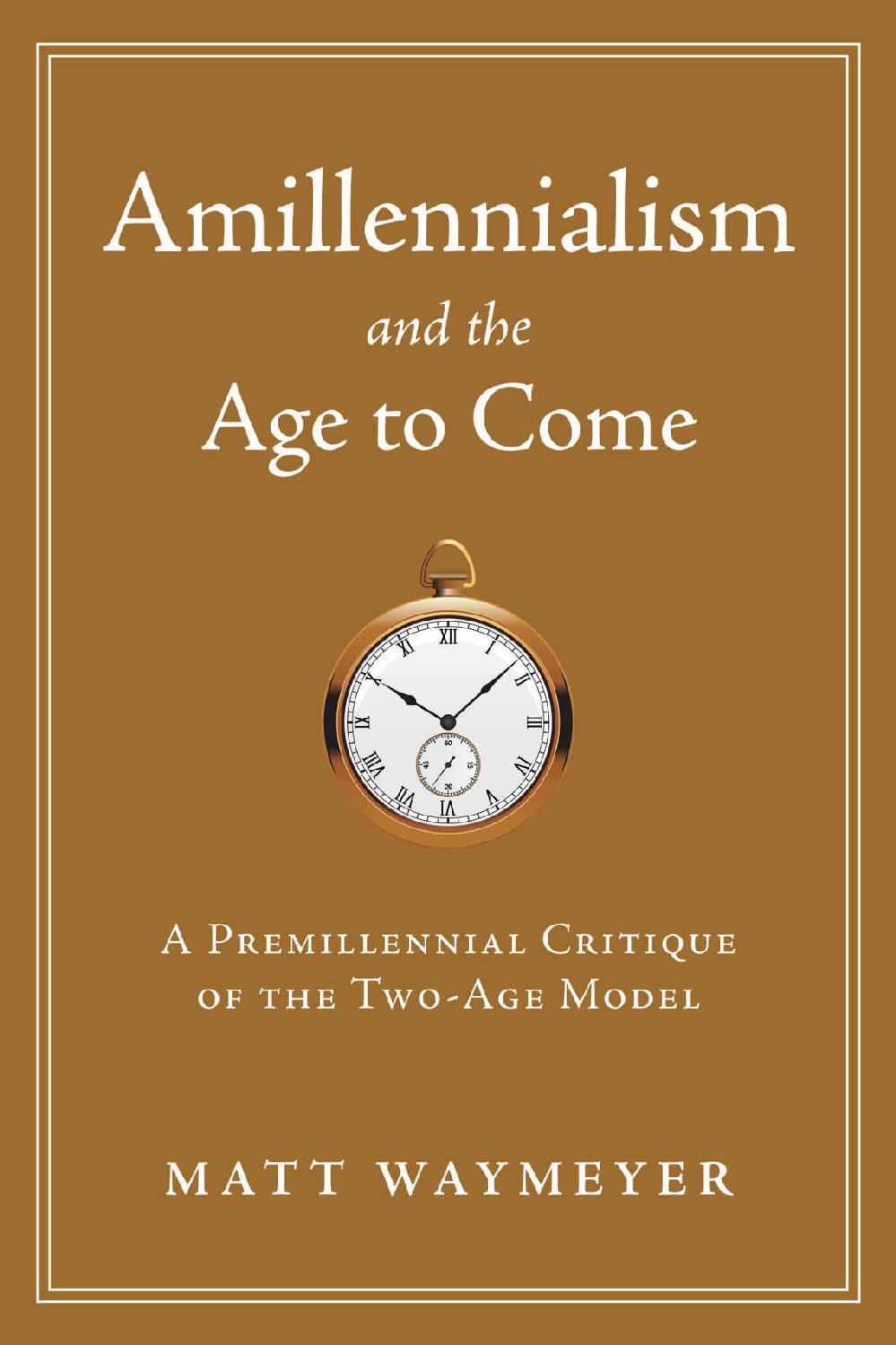

Most ebook files are in PDF format, so you can easily read them using various software such as Foxit Reader or directly on the Google Chrome browser.
Some ebook files are released by publishers in other formats such as .awz, .mobi, .epub, .fb2, etc. You may need to install specific software to read these formats on mobile/PC, such as Calibre.
Please read the tutorial at this link: https://ebookbell.com/faq
We offer FREE conversion to the popular formats you request; however, this may take some time. Therefore, right after payment, please email us, and we will try to provide the service as quickly as possible.
For some exceptional file formats or broken links (if any), please refrain from opening any disputes. Instead, email us first, and we will try to assist within a maximum of 6 hours.
EbookBell Team

0.0
0 reviewsOne of the most encouraging developments in evangelicalism over the past several decades has been the remarkable resurgence of reformed theology. This rediscovery of the doctrines of grace has not only captured the Bible’s emphasis on the sovereignty of God in salvation but also strengthened the unity of the church around the centrality of the gospel. In the area of eschatology, however, I have noticed two concerning trends among those who have joined this reformation.
The first involves what I call eschatological agnosticism. To be sure, eschatology is one of the most difficult theological issues to understand, especially when it comes to the finer details. But some Christians, although diligent students of Scripture in every other area, avoid the topic altogether and appear content to place themselves in the category of undecided. Some even seem proud of their agnosticism, as if ignorance about the meaning of biblical prophecy is evidence of a commitment to more significant matters. But affirming the centrality of the gospel should not mean dismissing the importance of how God will accomplish the restoration of all things to Himself. Scripture reveals too much about the subject of eschatology for Christians to be content in the dark, especially those who preach the Word and shepherd the flock.
A second trend is the way that some Christians are quick to embrace amillennialism simply because they see it as the reformed position on the end times. This appears to be most common among former Arminians. After an initial exposure to reformed theology, they spend the next several years diligently studying the Bible’s teaching on predestination before finally identifying themselves as Calvinists. But their subsequent conversion to amillennialism takes place overnight—and oftentimes with very little first-hand study of the biblical text—simply because they see it as an indispensable part of the reformed system. In contrast, the commitment to sola scriptura at the heart of reformed theology should drive us to a careful exegesis of the relevant biblical passages, in search of what God has revealed about the end times. Only then is the student of Scripture ready to take a firm position on this difficult issue.